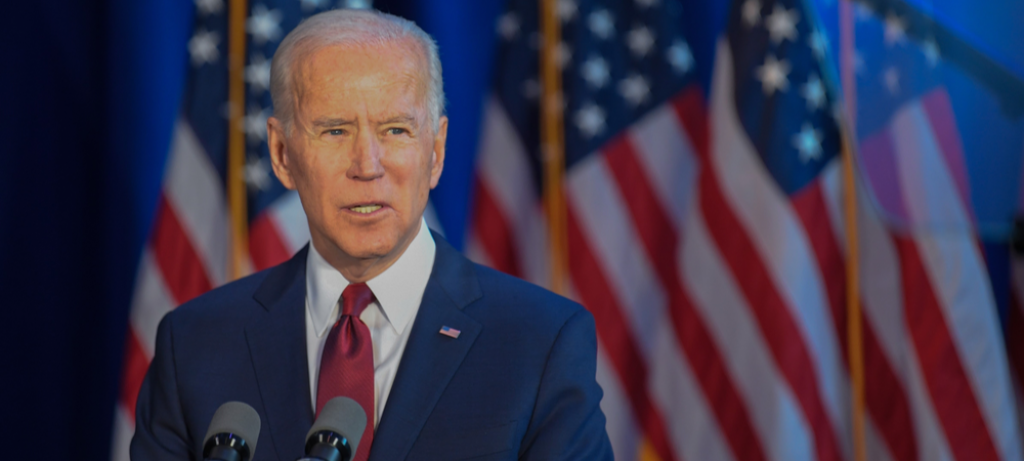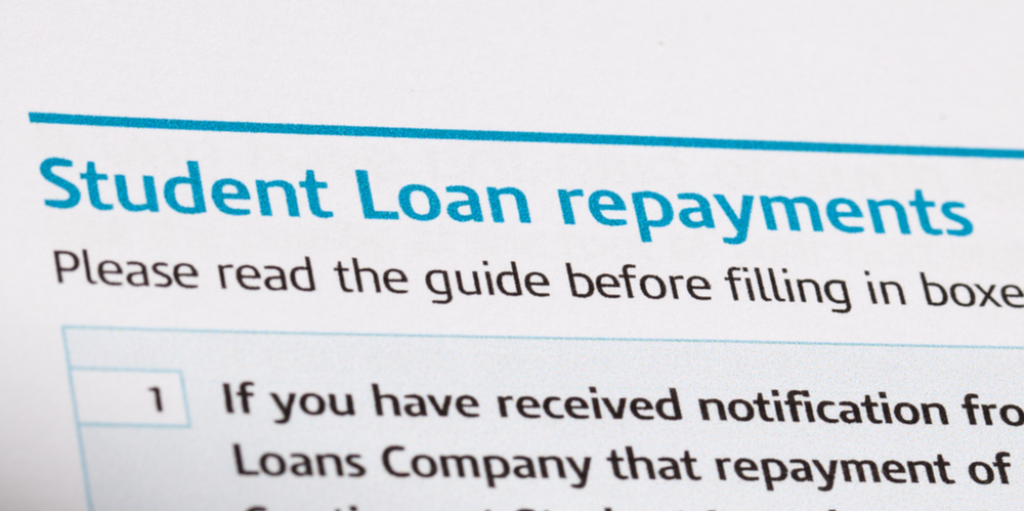President Biden Will Not Extend Student Loan Repayments

- The Biden administration recently announced that it will not extend the federal student loan forbearance deadline, which is set to expire on January 31, 2022.
- Many borrowers have been and are still highly affected by the COVID-19 pandemic, which started in 2019 and was made known to the public in early 2020. Currently, a new Omicron variant could also affect working Americans.
- More than 41 million federal student loan borrowers are expected to pay back their federal student loans starting in February of 2022.
UPDATE: With much pressure and push back for not extending student loan repayments, President Biden has seemingly had a change of heart, especially as the number of Covid cases is spiking. On Wednesday, December 22, Biden announced that pandemic relief for federal student loan borrowers will be extended once again, now through until May 1.
The Biden administration recently announced that it will not extend the federal student loan forbearance deadline, which is set to expire on January 31, 2022. As a result, more than 41 million federal student loan borrowers must pay back their federal student loans starting in February of 2022.
The federal government first paused student loan payments in 2020 under the Donald Trump administration due to COVID-19. However, when President Biden took office in January 2021, his administration decided to continue the federal student loan extension until January 2022.
On December 11, White House Press Secretary, Jen Psaki, confirmed that the Biden administration would not extend student loan relief during a press briefing. However, President Biden still plans on forgiving student loans on a wide scale of up to $10,000. The United States Congress would first have to pass legislation allowing President Biden to cancel a mass amount of student loan debt.
Many borrowers have been and are still highly affected by the COVID-19 pandemic, which started in 2019 and was made known to the public in early 2020. Currently, a new Omicron variant could also affect working Americans. In fact, the new variant is already affecting many cities and countries worldwide. As a result, some countries have already implemented travel restrictions and travel bans, including the United States.
Jen Psaki also stated during her press briefing that the administration is "still assessing the impact of the Omicron variant, but a smooth transition back into repayment is a high priority for the administration.”

Image Credit: fizkes / Shutterstock.com
Many Democrats are urging President Biden to extend the student loan repayment pause, including Senate Majority Leader Chuck Schumer of New York and Massachusetts-based political leaders Senator Elizabeth Warren and Representative Ayanna Pressley.
The COVID-19 relief plan, which went into effect in March 2020, has become a lifeline for millions of Americans. The payment pause has helped borrowers avoid paying student loan debt, collection bills, and interest payments. In addition, this has allowed many borrowers to build their emergency savings funds and focus on paying for necessities such as house payments, paying down other debt, and essential groceries.
Although it seems unlikely for the student loan repayment pause to be extended, there are options for borrowers to transition into making student loan debt payments again.
What options do the borrowers have?
Repayments are scheduled to restart in less than 60 days, and there are options available to help borrowers transition back into paying off their debt. Those options include:

Image Credit: ShaunWilkinson / Shutterstock.com
Student loan refinancing. This option provides federal student borrowers with a lower interest rate on their student loan payments plus an overall lower monthly payment. As a federal student loan borrower, you have the option to refinance your student loans with a private lender.
Although you can’t refinance federal student loans through the federal government, you can still apply for a student loan consolidation with the federal government.
Recommended Read: Refinancing Student Loans
Income-driven repayment plans. This option provides federal student loan borrowers with the choice to pay lower monthly payments; however, the interest rate will be the same.
To learn more about how you can apply for an income-driven repayment plan, click here.
Public service loan forgiveness. This option provides federal student loan borrowers with a choice of getting their federal student loans forgiven by simply being a public servant.
According to the U.S. Department of Education, a public servant can be an employee of the U.S. federal, state, local, or tribal government or not-for-profit organization. This federal service also includes U.S. military service. To learn more on how to qualify, click here.
According to the Federal Reserve, the current outstanding student loan debt is $1.73 trillion. Recently, President Joe Biden announced that the government has canceled $11.5 billion in student loan debt which is one percent of the total debt owed.
President Biden has canceled loans for groups including borrowers with permanent disabilities, those who attended and were misled by the ITT Technical Institute, and students who went to trade schools and were misled.
Recommended Read: Biden Cancels $11.5 Billion in Student Debt
President Biden is still planning to forgive $10,000 in student loan debt per borrower, according to White House Secretary Jen Psaki. However, President Biden is relying on Congress to pass the bill so he can execute that plan. Until then, the student loan payments are expected to resume in February 2022.
What are your thoughts on the federal student loan payments restarting in February 2022?
Main Image Credit: Ron Adar / Shutterstock.com